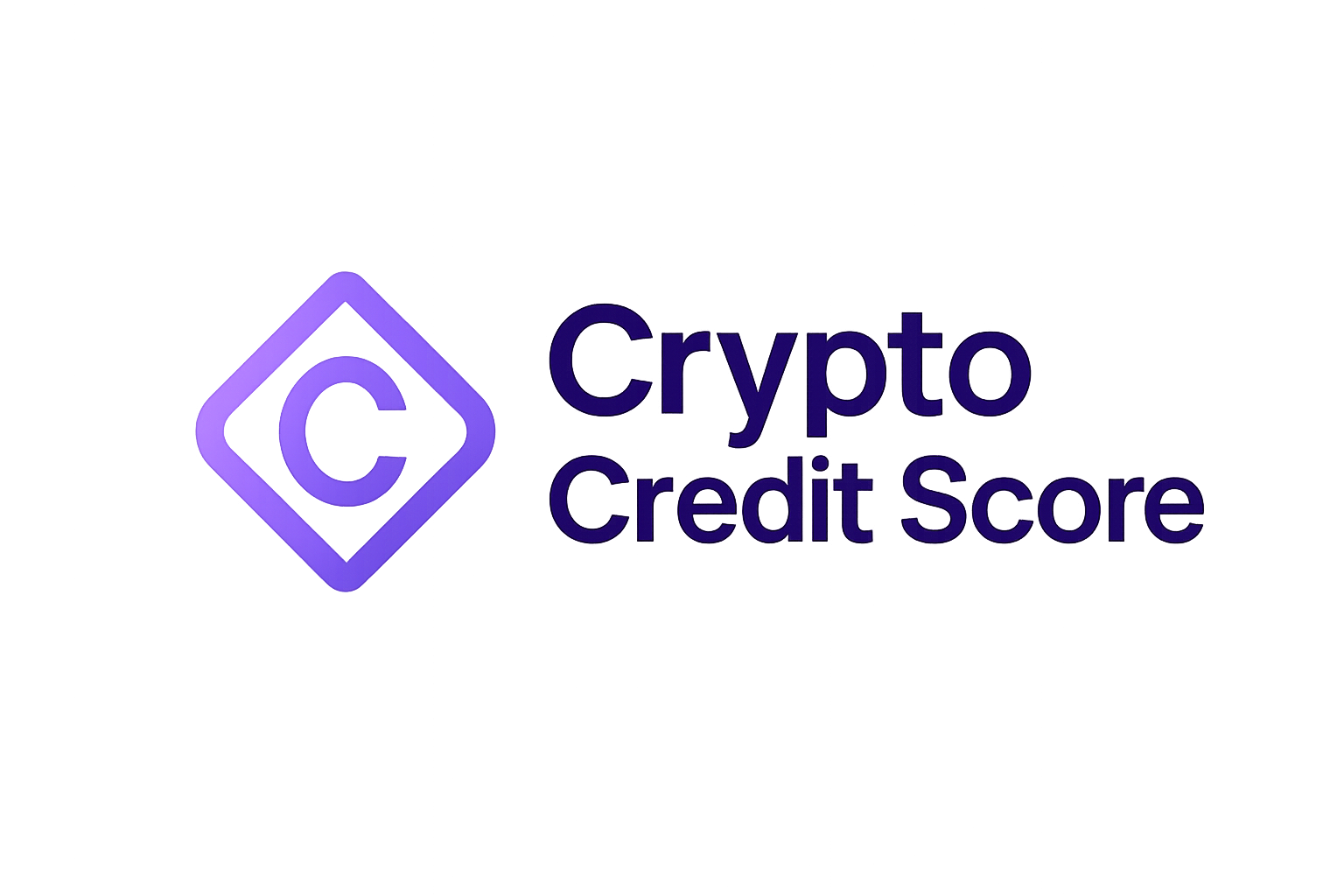
Decentralized Autonomous Organizations (DAOs) are rapidly redefining how communities and protocols manage collective assets. Yet as treasuries grow in size and complexity, the challenge of effective risk assessment and capital allocation becomes more acute. Traditional credit scoring methods, notorious for their opacity and exclusion, fall short in the permissionless world of DAO finance. Enter decentralized credit scores: on-chain mechanisms that promise transparency, inclusivity, and real-time adaptability for DAO treasury management.

Why DAOs Need Decentralized Credit Scores
DAO treasury management is fundamentally about balancing opportunity and risk in a decentralized context. Unlike centralized organizations, DAOs operate with open governance where every member can participate in financial decisions. However, this democratization also exposes treasuries to new forms of risk, especially when capital is deployed in DeFi lending or partnerships with unknown counterparties.
Decentralized credit scoring addresses these challenges by leveraging blockchain data to assess the trustworthiness of entities interacting with a DAO’s funds. Instead of relying on legacy metrics or closed-door evaluations, DAOs can tap into transparent, algorithm-driven assessments based on verifiable on-chain activity.
How On-Chain Credit Assessment Works
The technical backbone of decentralized credit scores lies in analyzing blockchain transactions, wallet histories, smart contract interactions, NFT holdings, and even participation in governance votes. Platforms like Credit DAO are pioneering models where users earn soul-bound NFTs through positive engagement within the network. These NFTs act as persistent markers of reputation and creditworthiness.
Increasingly, artificial intelligence augments these models by parsing both on-chain patterns and verified off-chain data (such as KYC or social verifications) to produce dynamic risk profiles. For DAOs managing complex treasuries, such AI-powered tools enable granular evaluation, not just whether a counterparty is trustworthy today but how their risk evolves over time.
Top 9 Web3 Credit Scoring Tools for DAO Treasury Management (2025)
-
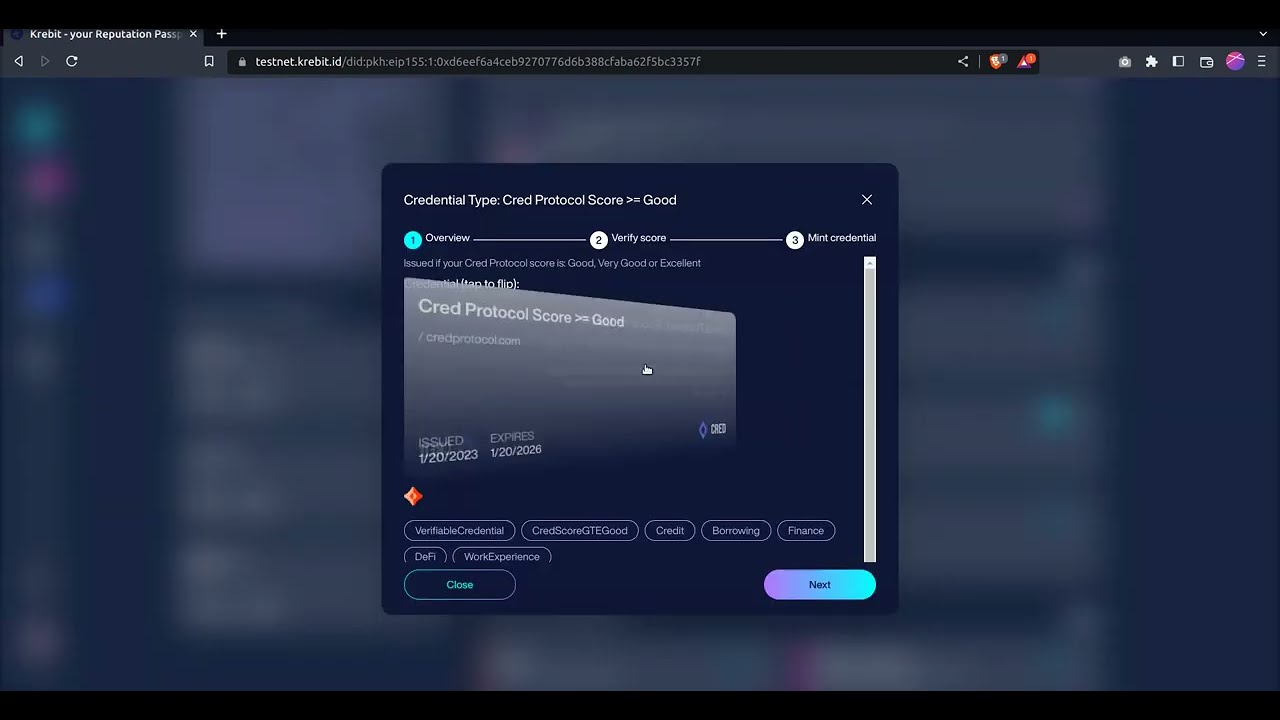
Cred Protocol: A leading decentralized credit scoring platform, Cred Protocol leverages on-chain data to assign transparent credit scores, enabling DAOs to assess lending risk and manage treasury exposure more effectively.
-

RociFi: RociFi offers on-chain credit scores and identity tools, facilitating under-collateralized lending for DAOs. Its system uses non-fungible credit scores to enhance risk assessment in DeFi.
-
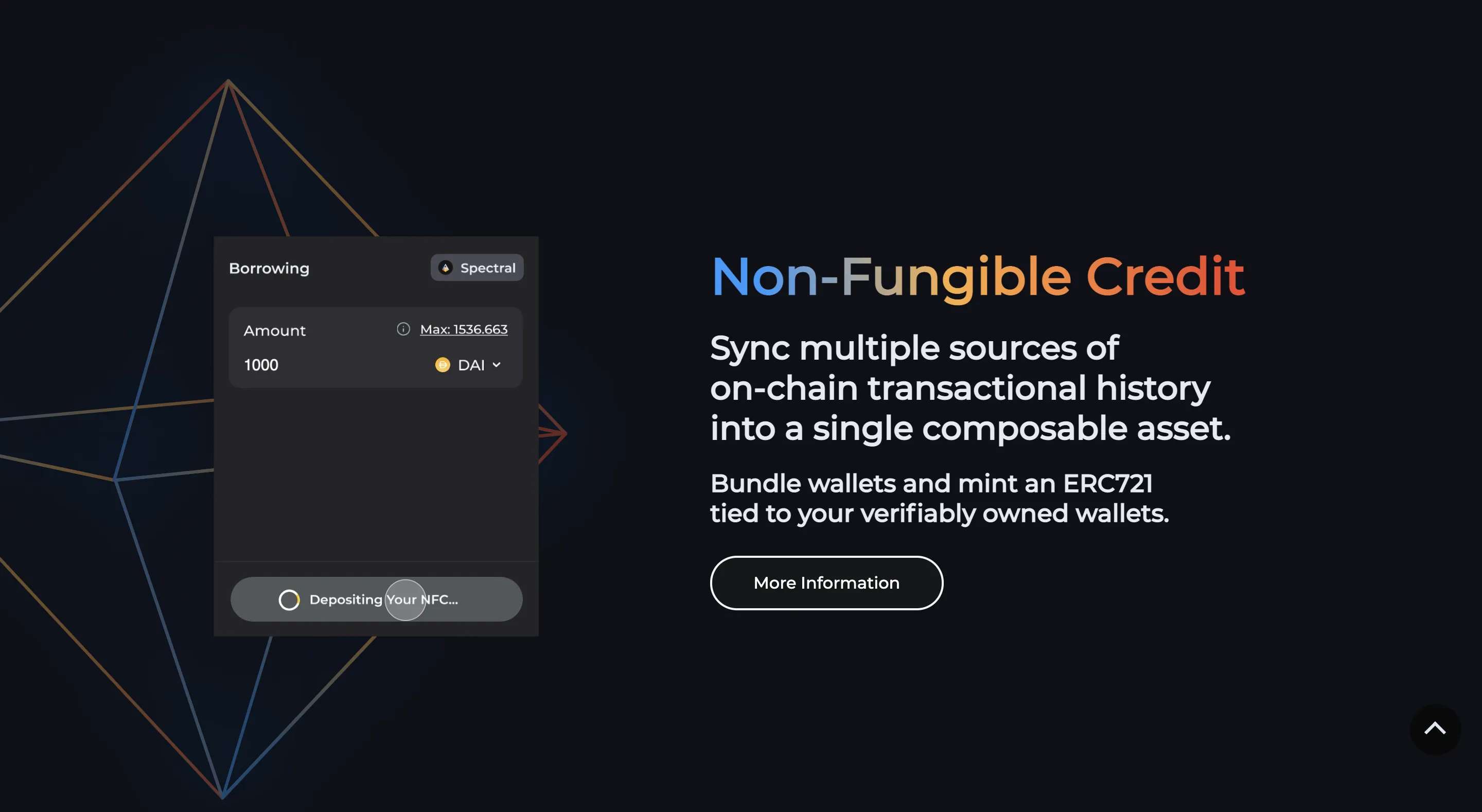
Spectral Finance: Spectral provides machine learning-powered credit scoring using historical on-chain activity, helping DAOs evaluate borrower reliability and optimize treasury allocations.
-
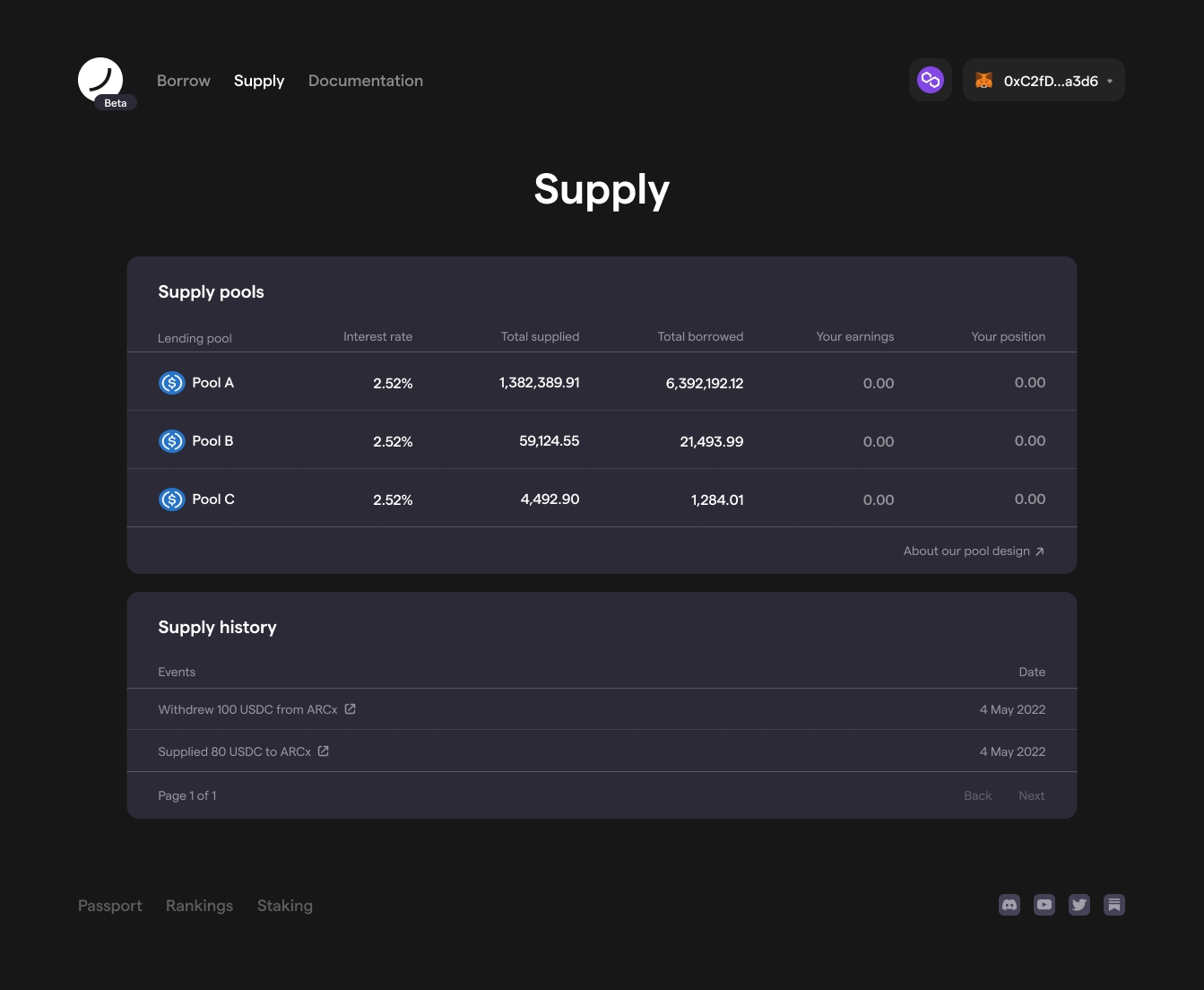
Arcx: Arcx delivers DeFi credit scoring infrastructure, aggregating user data across protocols to generate dynamic credit scores for DAOs and other DeFi participants.
-
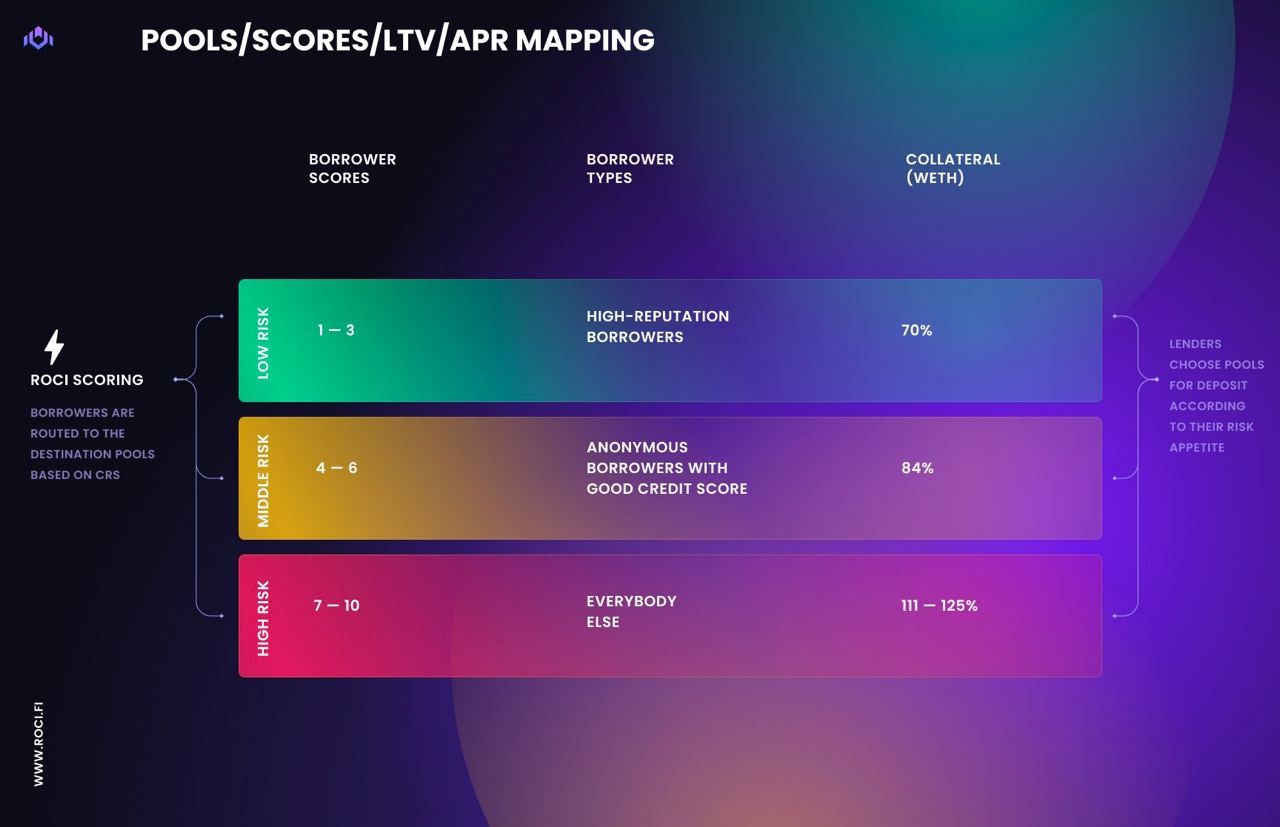
Credit DAO: Credit DAO introduces a unique model where users earn soul-bound NFTs reflecting their creditworthiness, with AI algorithms analyzing these NFTs to produce real-time credit ratings for DAO treasury decisions.
-

Goldfinch: Goldfinch is a decentralized credit protocol enabling under-collateralized lending, using off-chain and on-chain data to assess borrower risk for DAOs seeking diversified treasury strategies.
-
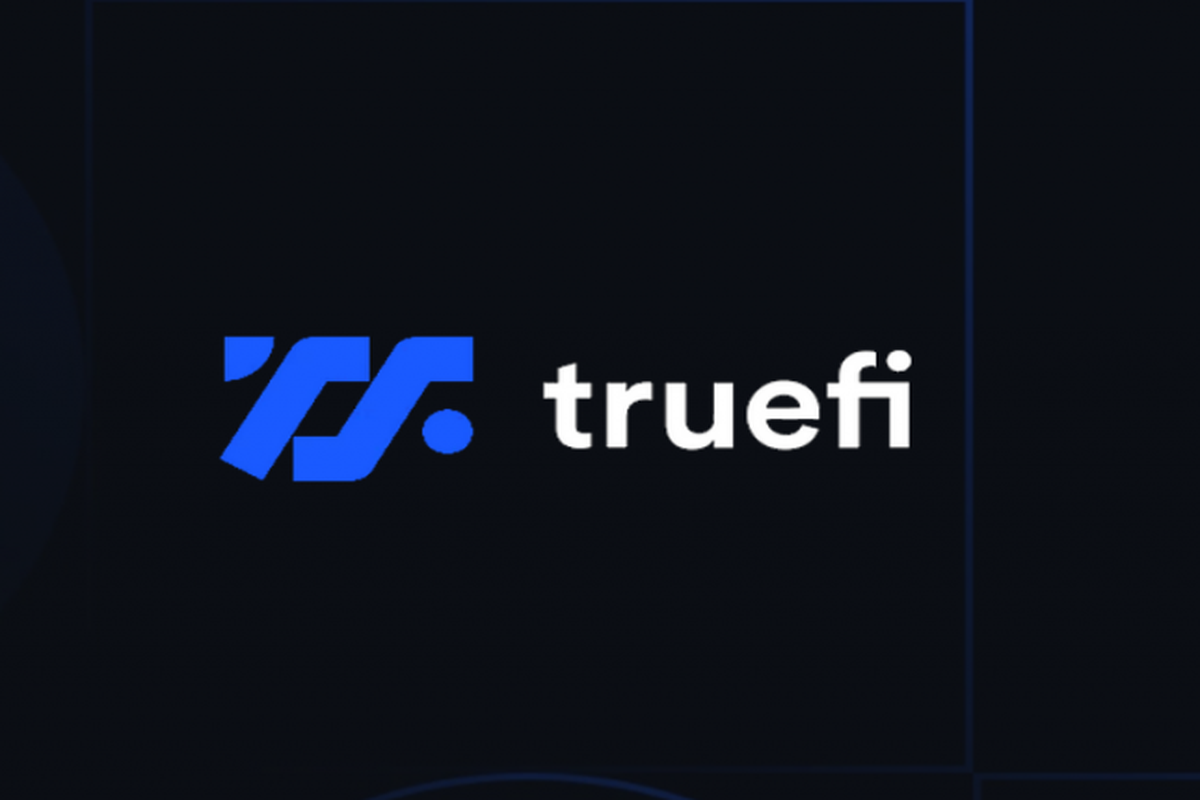
TrueFi: TrueFi allows DAOs to participate in uncollateralized lending, utilizing on-chain credit assessment and borrower transparency to inform treasury management and lending policies.
-

Maple Finance: Maple Finance is a blockchain-based lending marketplace where DAOs can access credit risk analytics and delegate capital, supported by robust on-chain credit scoring.
-
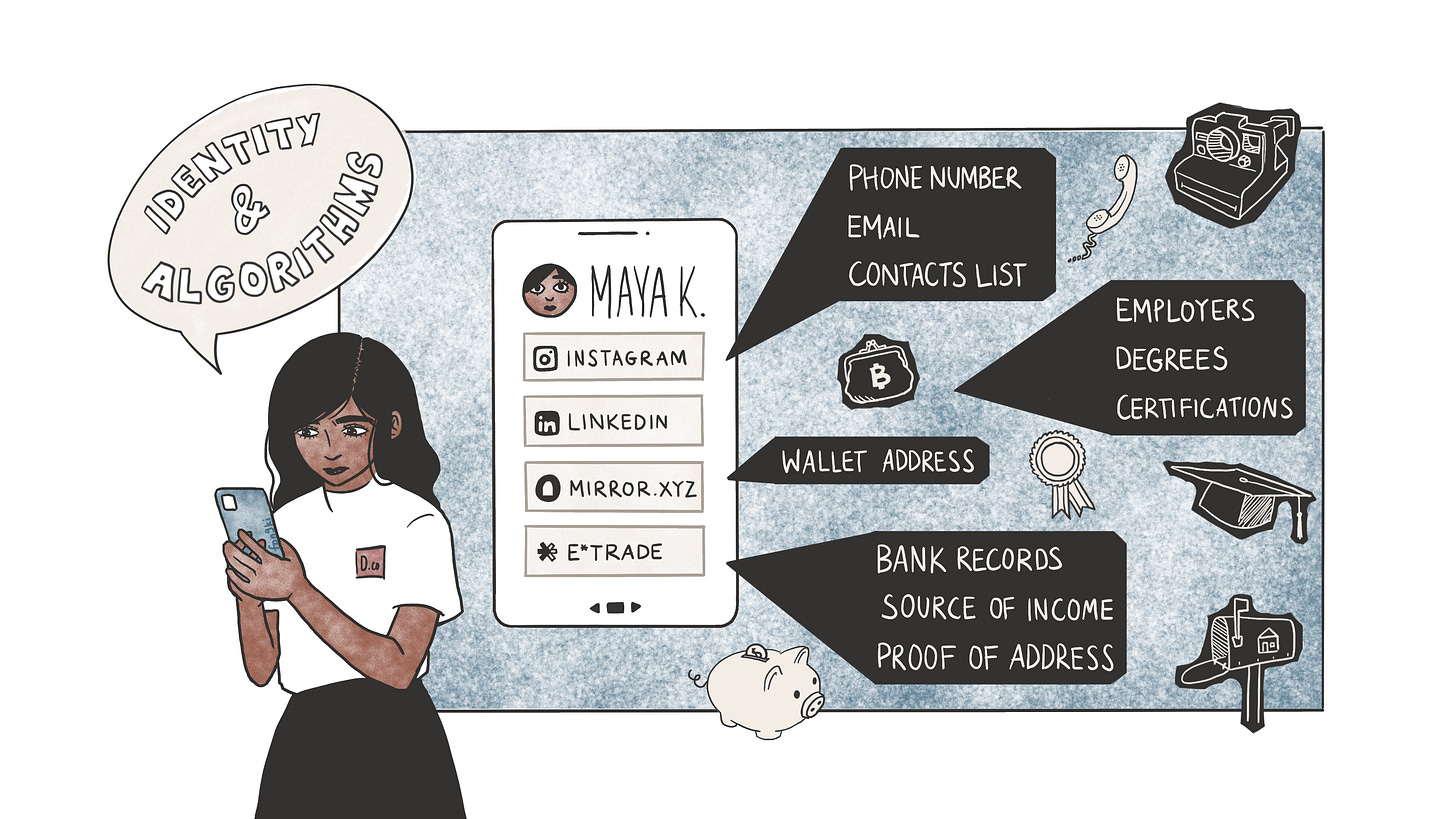
Spectra: Spectra (formerly Spectre) provides decentralized identity and credit scoring services, enabling DAOs to verify counterparty trustworthiness and strengthen treasury safeguards.
Strategic Implications for Treasury Management
The integration of decentralized credit scoring into DAO finance is more than a technical upgrade, it’s a paradigm shift:
- Risk Mitigation: By surfacing hidden risks through transparent assessments, DAOs can avoid overexposure to unreliable partners or protocols.
- Informed Capital Deployment: Real-time credit data allows DAOs to adjust lending rates or collateral requirements dynamically based on borrower profiles.
- Community Alignment: Decentralized systems reinforce the ethos of open participation by letting all members audit and understand treasury exposure.
This approach not only strengthens internal governance but also builds trust externally, crucial as DAOs increasingly interact with institutional capital and cross-chain ecosystems.
One of the most compelling aspects of decentralized credit scoring is its ability to foster an ecosystem where reputation, rather than mere collateral, becomes a key pillar of trust. DAOs can leverage these scores to unlock under-collateralized lending, enabling more capital-efficient strategies without sacrificing risk controls. This is especially relevant as DeFi protocols move beyond over-collateralization and seek ways to extend credit based on actual financial behavior rather than static asset holdings.
Integrations are already surfacing in the wild. For example, Credit DAO utilizes soul-bound NFTs as non-transferable proof of a user’s positive engagement and repayment history. These NFTs are analyzed by AI models to generate a nuanced risk profile, which informs both loan terms and treasury allocation decisions. Such innovations not only benefit DAOs internally but also set new standards for transparency and fairness in the broader Web3 credit market.
Challenges and Considerations for Adoption
Despite the promise, DAOs must navigate several hurdles when adopting decentralized credit scores for treasury management. Data privacy remains a top concern; while on-chain data is public, integrating off-chain information (such as real-world identity or KYC) must be handled with robust encryption and zero-knowledge proofs to avoid compromising user privacy. Additionally, algorithmic bias can creep into AI models if not regularly audited and calibrated against diverse datasets.
Governance complexity is another factor. As credit scoring becomes integral to how funds are allocated or risks are assessed, DAOs need clear policies around who can access or interpret these scores, how disputes are resolved, and what recourse exists if errors occur. Transparent documentation and open-source algorithms can help mitigate some of these issues by allowing community review and oversight.
The Road Ahead: From Experimentation to Standardization
The next phase for decentralized credit scoring in DAO finance is likely to be defined by interoperability and standardization. As more protocols adopt on-chain assessments, shared frameworks will emerge that allow scores to be portable across ecosystems, enabling DAOs to interact seamlessly with multiple DeFi platforms without re-assessing risk from scratch each time.
This trend dovetails with the rise of AI-powered risk engines that continuously monitor treasury exposure in real-time, flagging anomalies or emerging threats before they escalate into losses. The result is a more resilient financial architecture where DAOs can act swiftly yet prudently, deploying capital where it’s likely to generate yield while safeguarding against systemic shocks.
Key Benefits and Challenges of Decentralized Credit Scores in DAO Treasury Management
-
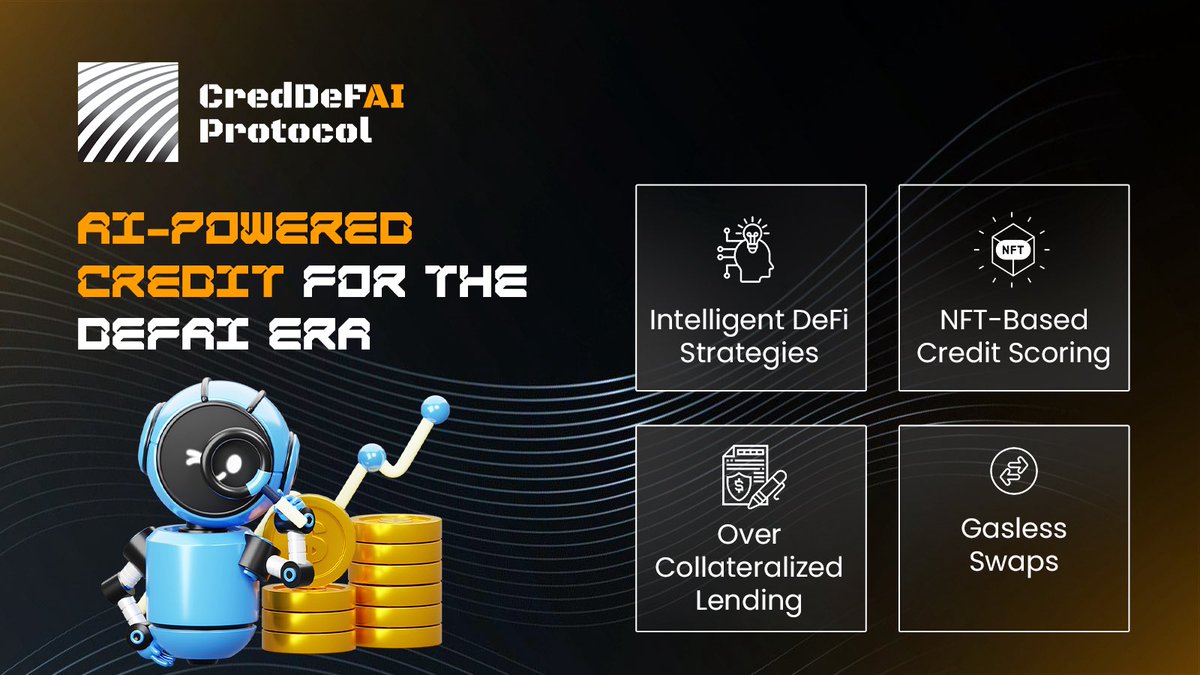
Enhanced Transparency and Trust: Decentralized credit scoring platforms like Cred Protocol use open blockchain data, ensuring that credit evaluations are transparent, auditable, and resistant to manipulation. This transparency builds trust among DAO members and stakeholders.
-

Improved Risk Assessment: Tools such as RociFi provide on-chain credit scores that help DAOs better evaluate borrower risk, enabling more informed lending and investment decisions within treasury management.
-

Inclusivity and Accessibility: Decentralized systems like Credit DAO leverage soul-bound NFTs and AI to assess creditworthiness, allowing broader participation by users who may lack traditional credit histories, thus fostering financial inclusion within DAOs.
-

Automation and Efficiency: Platforms such as Alchemy’s Dapp Store showcase credit scoring tools that automate the credit assessment process, reducing manual overhead and streamlining treasury operations for DAOs.
-
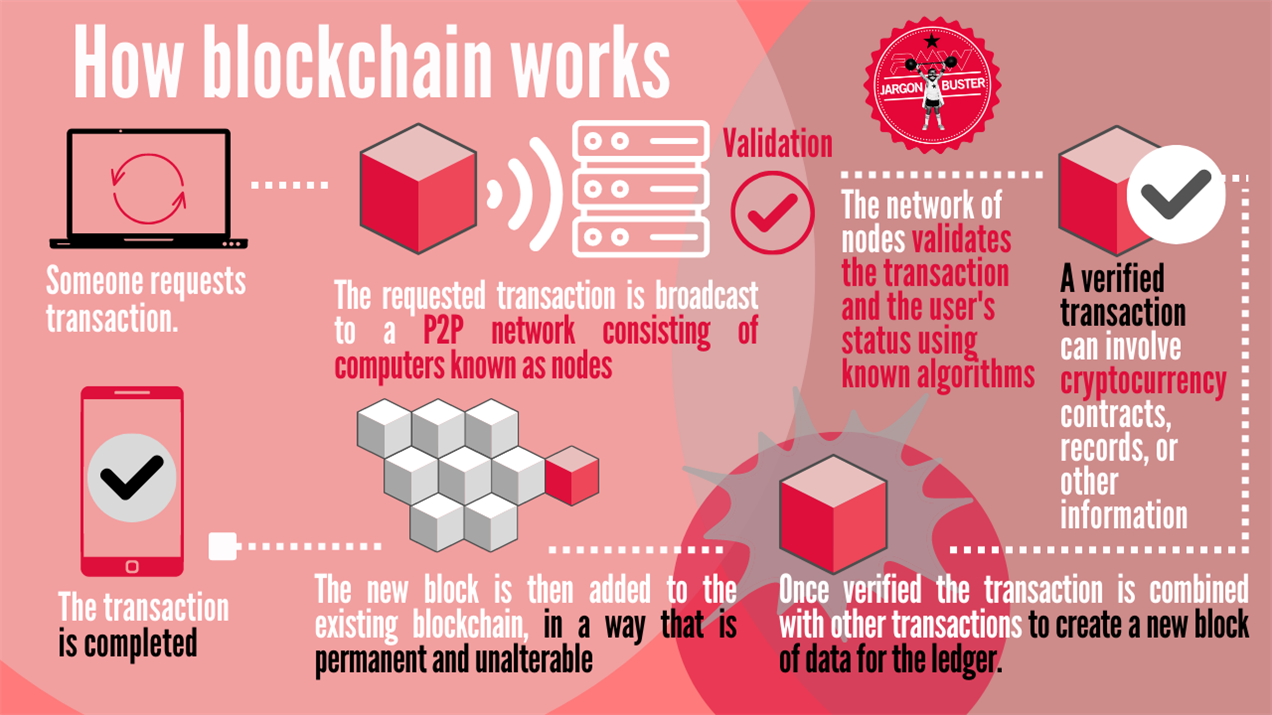
Data Privacy Concerns: While on-chain evaluations are transparent, integrating off-chain data or AI models can raise privacy issues. Balancing transparency with user privacy remains a significant challenge for decentralized credit scoring systems.
-
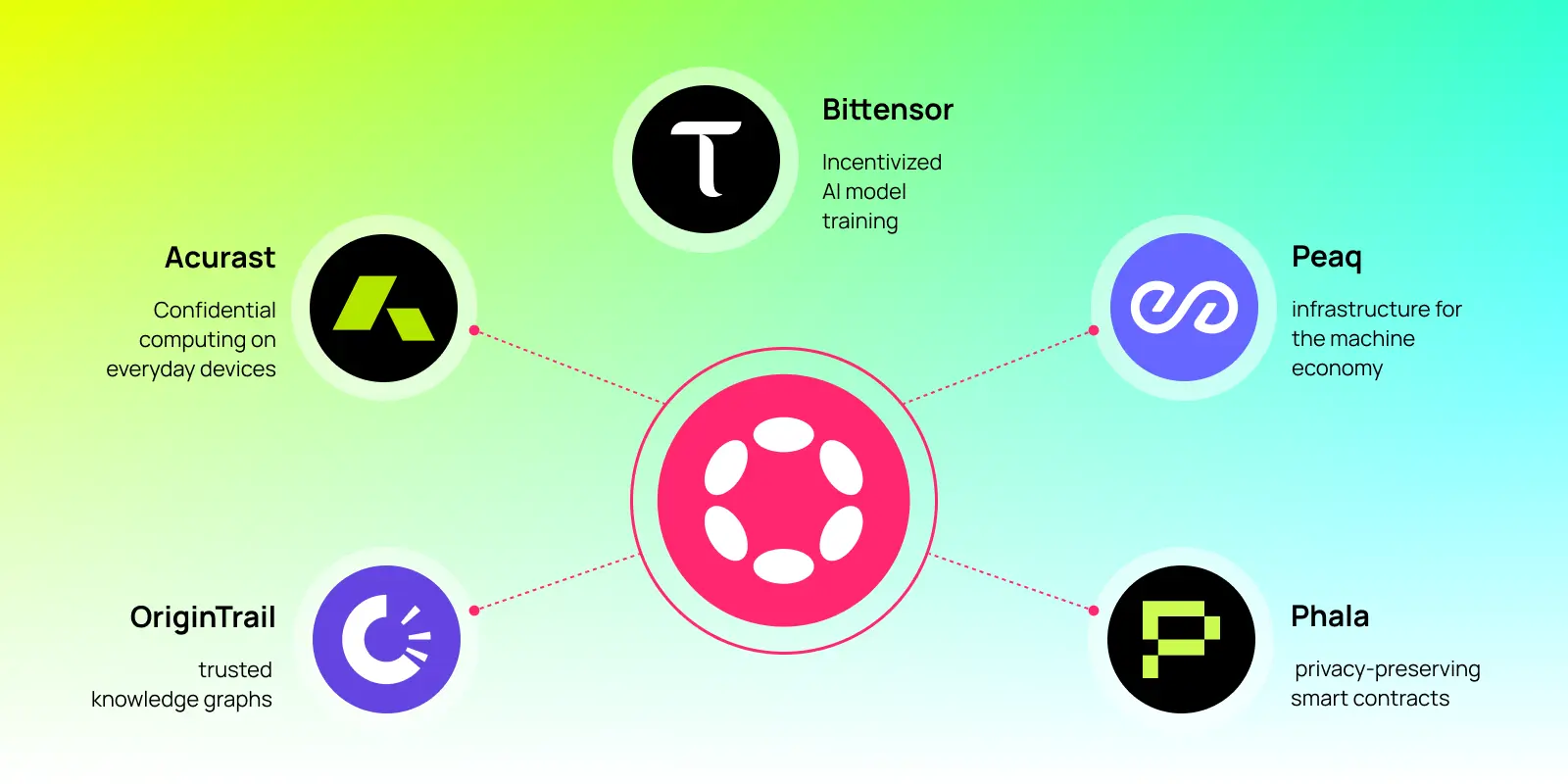
Potential for Algorithmic Bias: AI-powered credit scoring, as used by several DeFi platforms, may inadvertently introduce biases based on the data or models employed, impacting fairness in DAO treasury decisions.
-
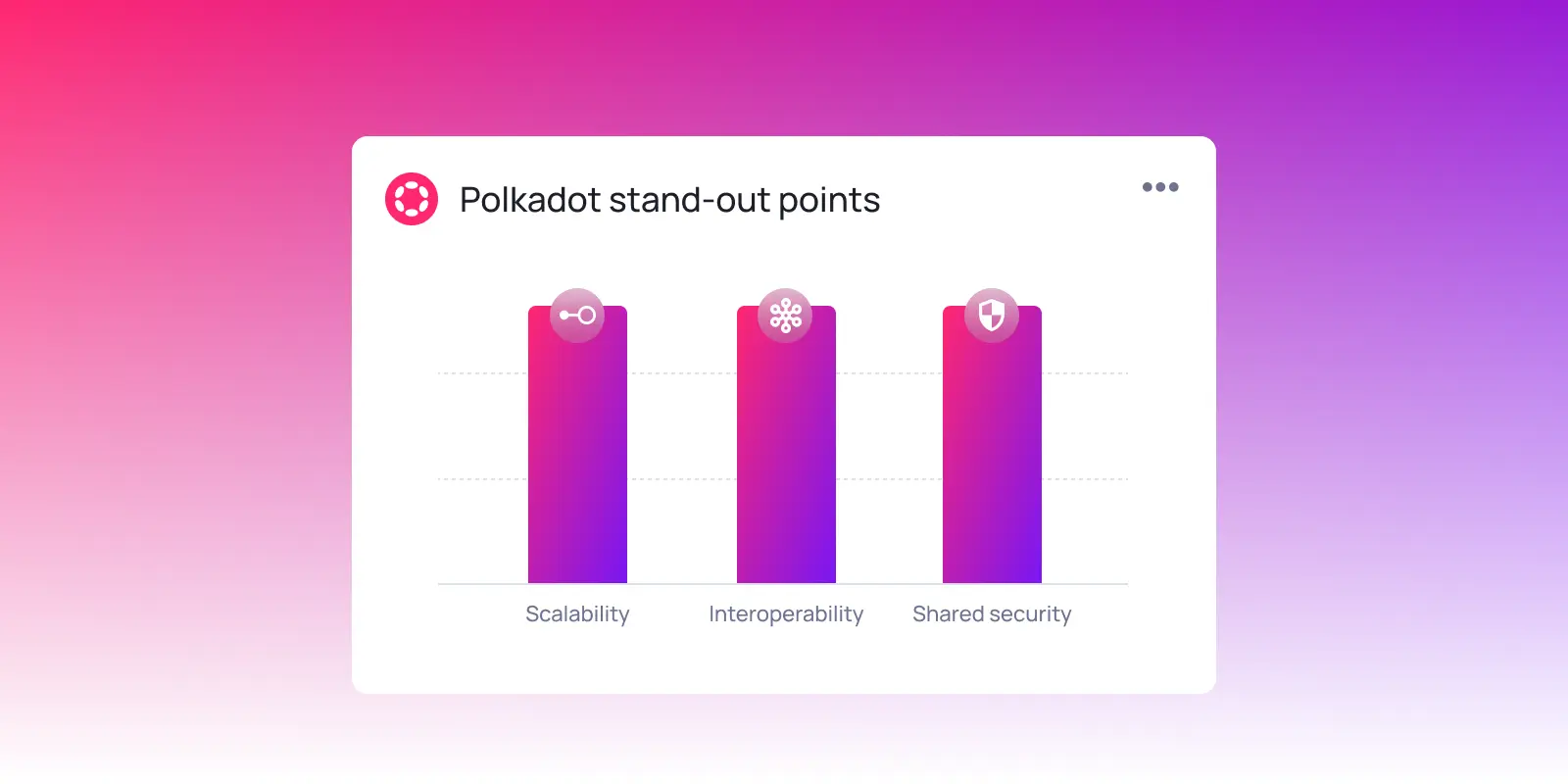
Interoperability Limitations: Many decentralized credit scoring tools are ecosystem-specific, which can hinder seamless integration across different DAOs and DeFi platforms, limiting their utility for diverse treasury management needs.
-
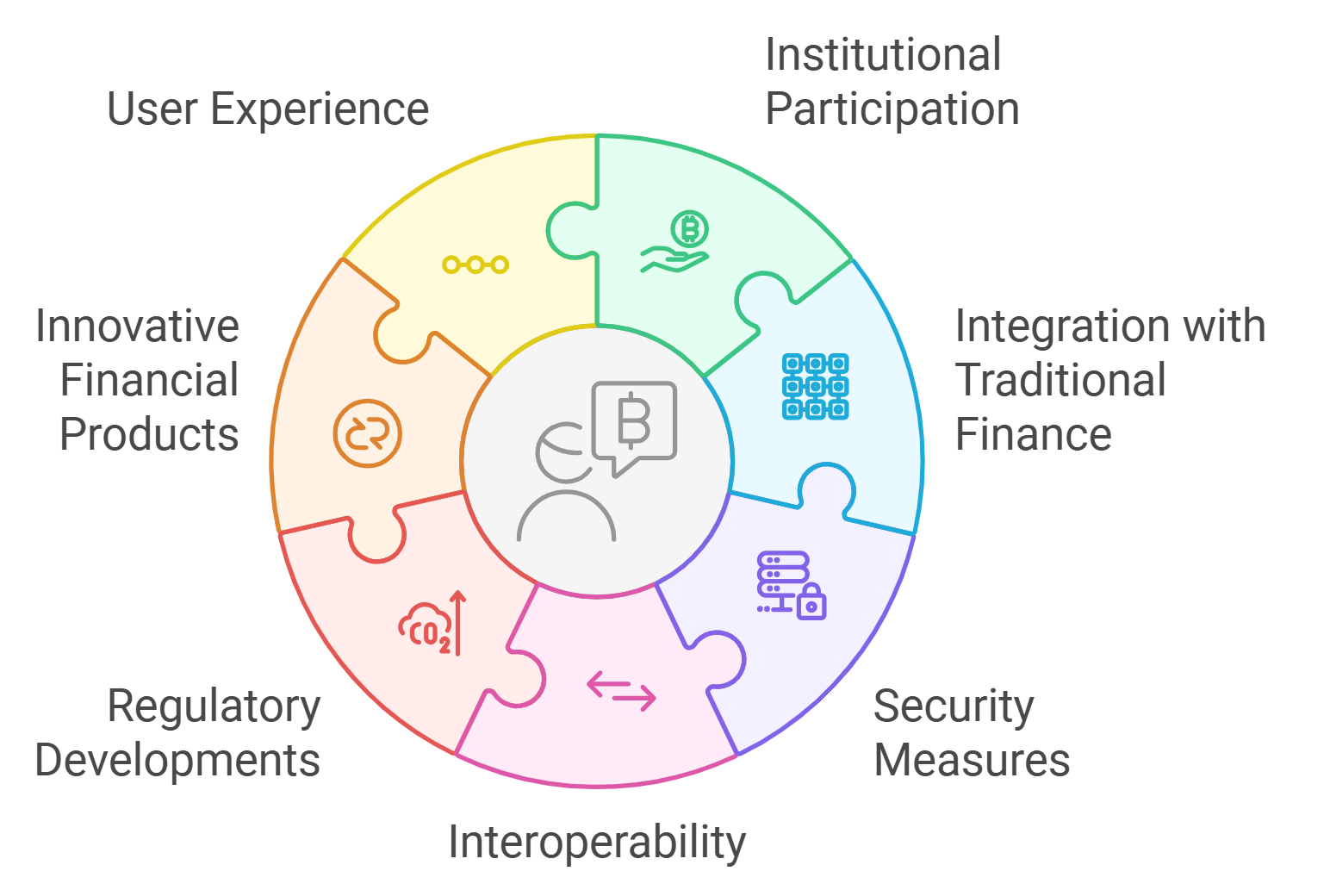
Regulatory Uncertainty: The evolving regulatory landscape for DeFi and DAOs introduces compliance risks, as decentralized credit scoring mechanisms may face future legal scrutiny or requirements.
-
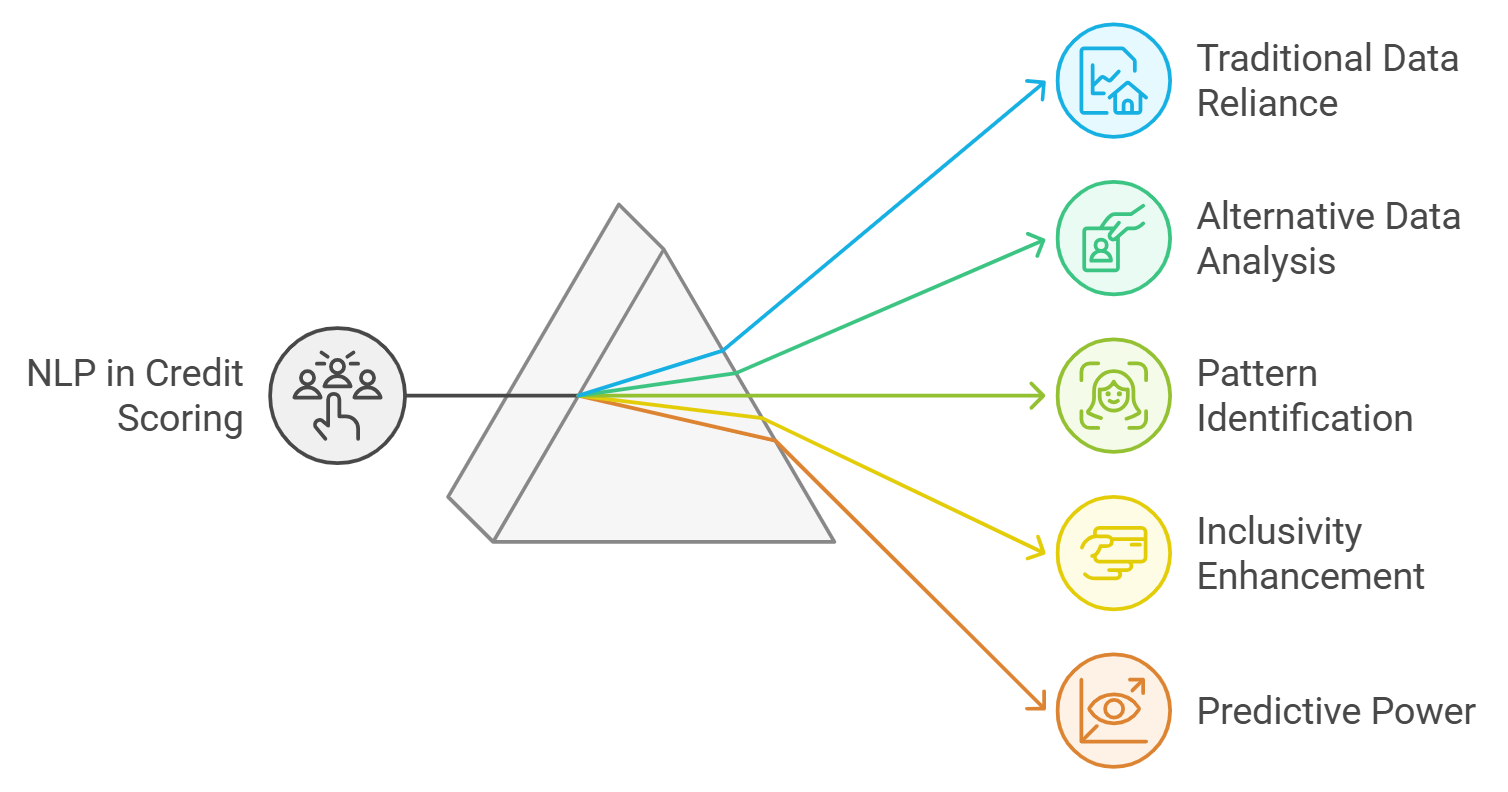
Reliance on On-Chain Activity: Credit scores derived primarily from on-chain behavior may not fully capture a user’s financial reliability, especially for newer participants or those with limited blockchain history.
Ultimately, the integration of decentralized credit scores marks a watershed moment for DAO treasury management. By combining transparent on-chain analytics with adaptive machine learning models, DAOs gain a toolkit that rivals, if not surpasses, the sophistication found in traditional finance. As adoption grows and standards evolve, expect decentralized credit assessment to become an indispensable part of every DAO’s financial strategy, empowering communities to build trustless economies at scale.
